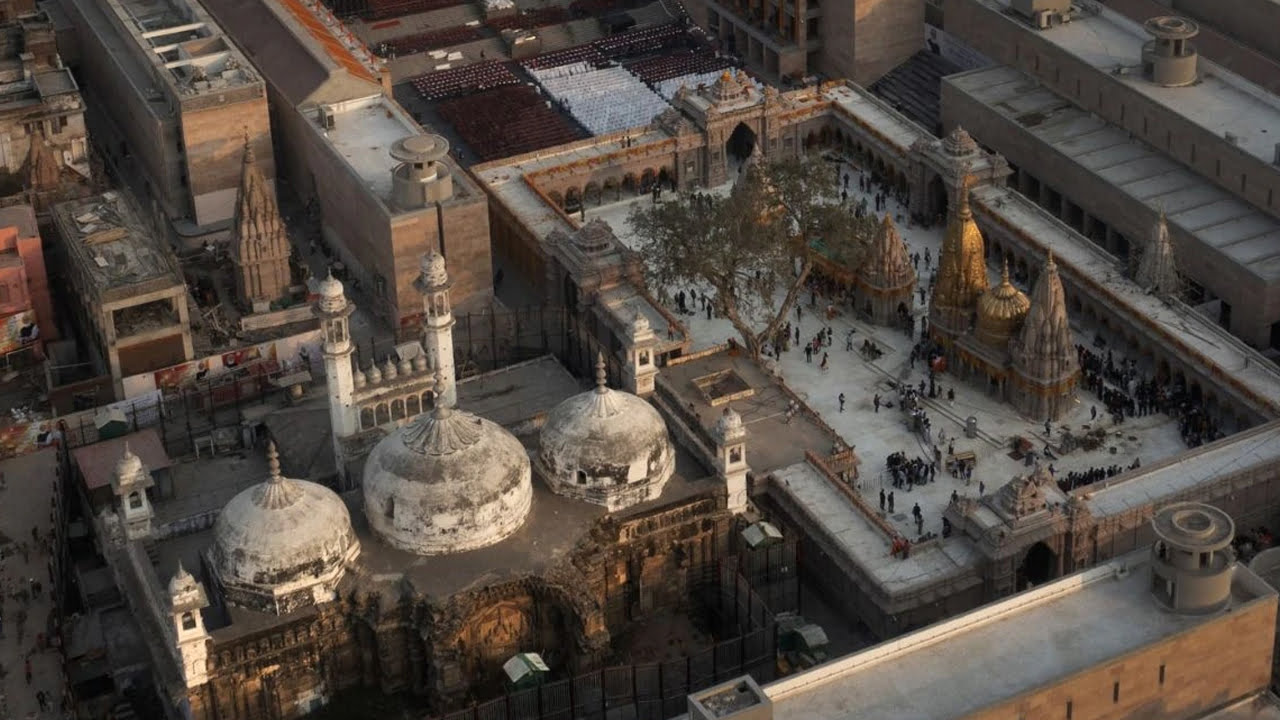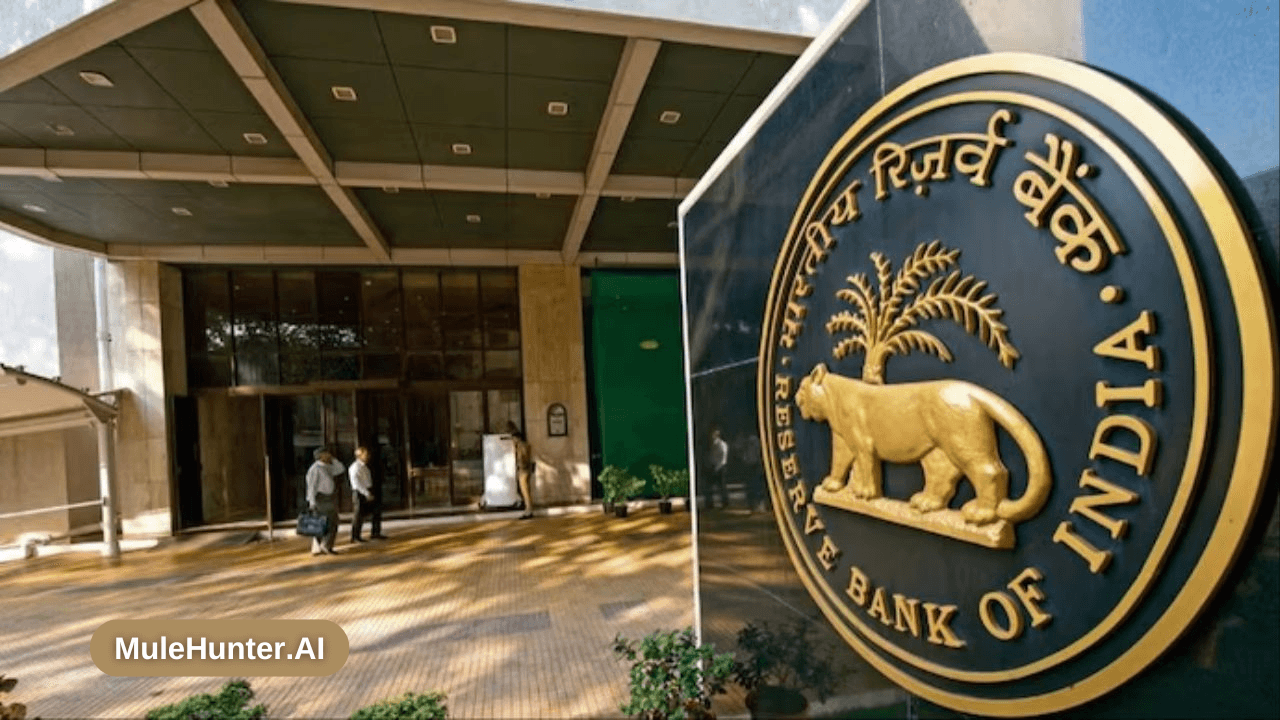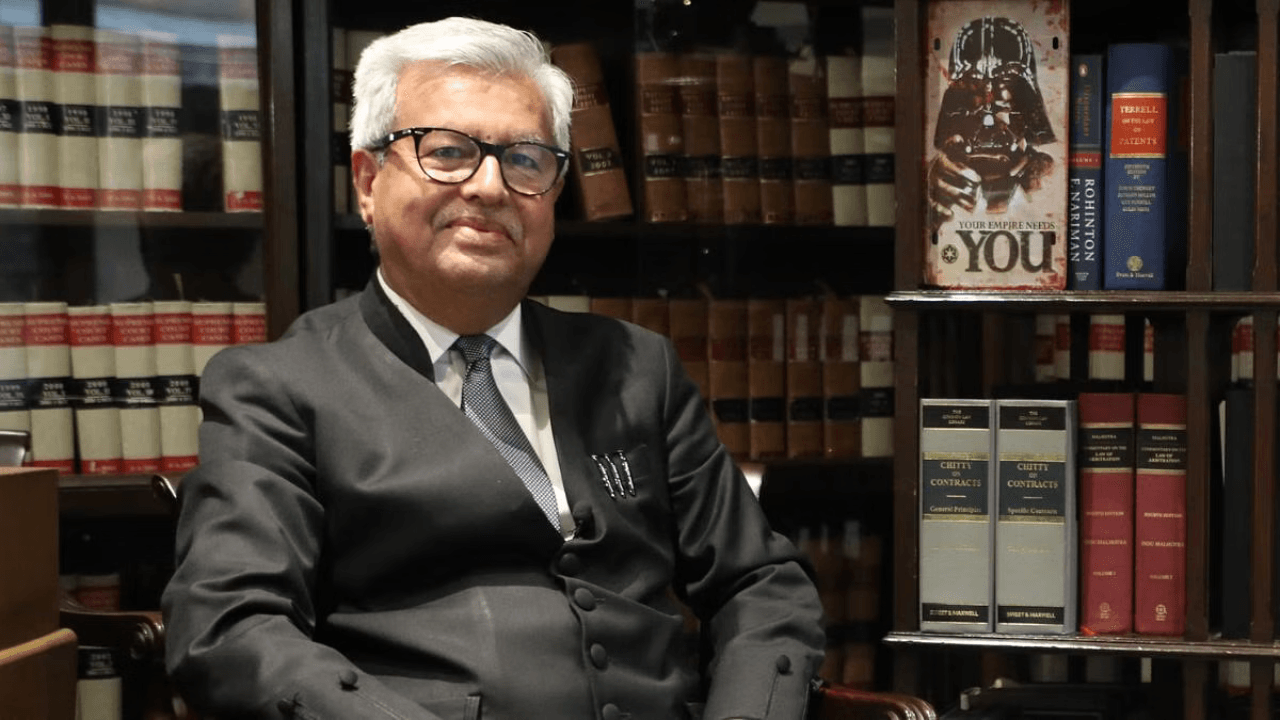The legal battle surrounding the Gyanvapi Mosque in Varanasi has taken a new turn as the Supreme Court (SC) issued a notice in response to an application filed by the Anjuman Intezamia, seeking to challenge a decision by the Allahabad High Court (HC) in favor of the Hindu side. The application, moved by the Vyas family in the Varanasi District Court, had allowed prayers to be held in the ‘Vyas Ka Tehkhana’ from January 31, 2024. Advocate Vishnu Shankar Jain, representing the Hindu side, confirmed that the SC has asked for answers to be filed by April 30 and has instructed both parties to maintain the status ‘as on date’.
Construction and Demolition: Aurangzeb’s Role
The dispute over the Gyanvapi Mosque, located adjacent to the Kashi Vishwanath Temple, has a long history. The mosque was built by Mughal Emperor Aurangzeb in the 17th century after demolishing a portion of the original Kashi Vishwanath Temple. The Gyanvapi Mosque has been a subject of contention between Hindus and Muslims for years, with both communities claiming ownership over the site.
The recent developments in the case have reignited the debate over the disputed site, with both sides preparing to present their arguments before the Supreme Court. The outcome of the case is likely to have far-reaching implications for the religious and cultural landscape of Varanasi, as well as for the broader issue of religious property disputes in India.












